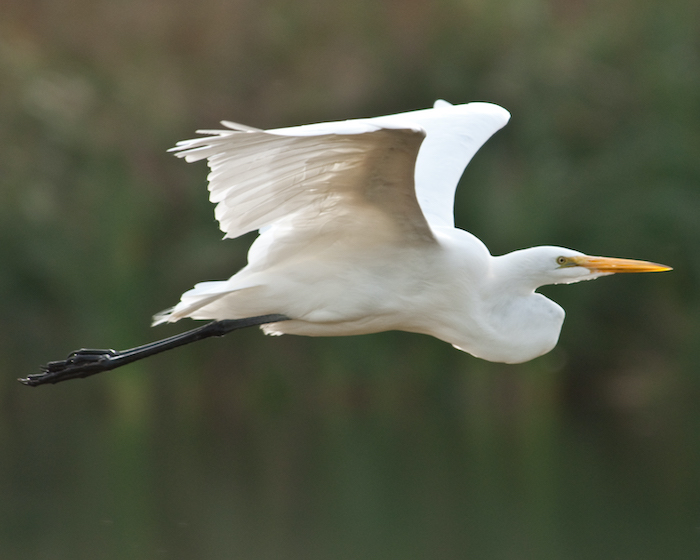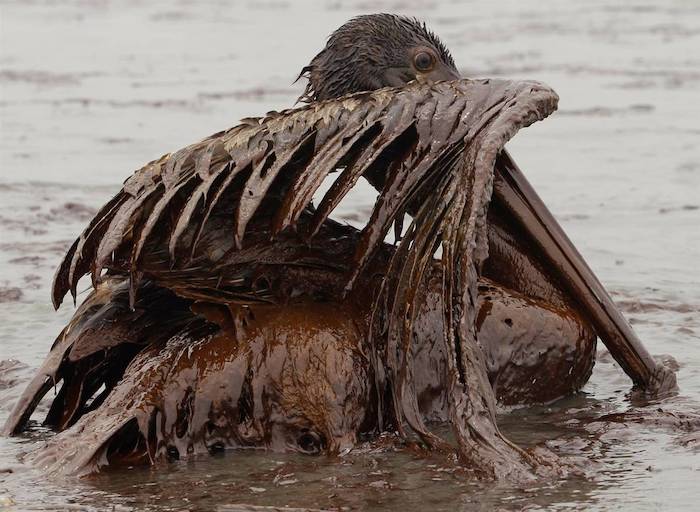
In 1896 egrets and other birds were being killed wholesale to use their feathers in women’s hats. To protest and end the slaughter, Harriet Hemenway and Minna B. Hall formed a group, the original Massachusetts Audubon Society. Within two years their movement had been replicated in fifteen other states and the District of Columbia. Another five years, and the state organizations united into the National Audubon Society.
It was an era when modern industry was young and booming, and citizens were moving from family farms to jobs in the cities. But like us, people valued the land and they recognized that its beauties and riches were not inexhaustible. So they acted to protect those natural riches. Women quickly abandoned feathered hats. In 1903 our nation created the first National WIldlife Refuge, then the National Park Service in 1916, and in 1918, the Migratory Bird Treaty Act, or MBTA.

The MBTA put into US law what the country had already agreed to with Canada, and subsequently with Mexico, Japan, and the Soviet Union. It prohibited the harming or “taking” of birds. As clarified and amended over the last century, its provisions have promoted safety and efficiency. After the Exxon Valdez killed 250,000 birds with a spill of enough oil to cover 34 acres a foot deep, the act supported fines and reparations of over $100 million, and Congress passed a requirement that oil tankers be double-hulled. When BP’s Deep Horizon spilled two to fifteen times more oil, killing over a million birds, the company paid, to date, nearly $70 billion in cleanup, fines, and lawsuit settlements that have offset the losses to habitat, residents, and businesses.

Pelican in Deepwater Horizon Oil Spill
In the last two decades the act has been enforced with punitive damages only fourteen times, and for amounts that large businesses might shrug off. Even BP’s Deep Horizon payouts of $70 billion were less than .2% penalties under the MBTA. But that liability may have given teeth to the much larger public and commercial lawsuits for recovery from losses.
The act provides for waivers for various purposes including education, research, and safety. It protects only native species, and provides for game bird hunting seasons. It is hailed as our nation’s best legislation to protect birds.
But two years ago the Trump Administration gutted it. It reinterpreted the law to allow incidental take, with no waivers required and no penalties levied. “Incidental” takes are killings that happen as a by-product of actions. The new interpretation eliminates fines for misapplying pesticides that kill hundreds or thousands of birds on a single mega-farm, or for poor maintenance on an oil rig that kills a million birds or more. Every incentive to consider the well-being of birds is removed by this interpretation. Routine practices that save millions every year–covering oil waste pits, spacing power lines to avoid electrocution, replacing tower lights with blinking ones–are rendered valueless. This ruling replaces the public wealth of nature’s beauty and richness with a narrower, purely monetary value.
It has become common knowledge that birds are already in a precipitous decline. Some species like the desert-adapted ash-throated flycatcher are doing well, but overall there is a 30% loss of North American birds over the last fifty years.
Now the Administration is trying to make the interpretation that removes bird protections into permanent law. Our representative in Congress has repeatedly stated his commitment to outdoor access, but the outdoors that we can access are being impoverished. He calls efforts to protect wildlife and clean habitats “government overreach,” but given the decline of our birds it appears to be under-reach.
Now there is a bill in Congress to protect the MBTA from being demolished. Representative LaMalfa can sign on as a cosponsor to the Migratory Bird Protection Act, H.R. 5552. He can work publicly and vigorously with the Administration, his party, to get the bill enacted into law. If you, like Harriet Hemenway and Minna Hall of yore, want to weigh in, Rep. LaMalfa can be reached through his form at https://lamalfa.house.gov/contact or the Redding office (530) 223-5898.
The egrets won’t thank you. But they might survive.

No comments yet.